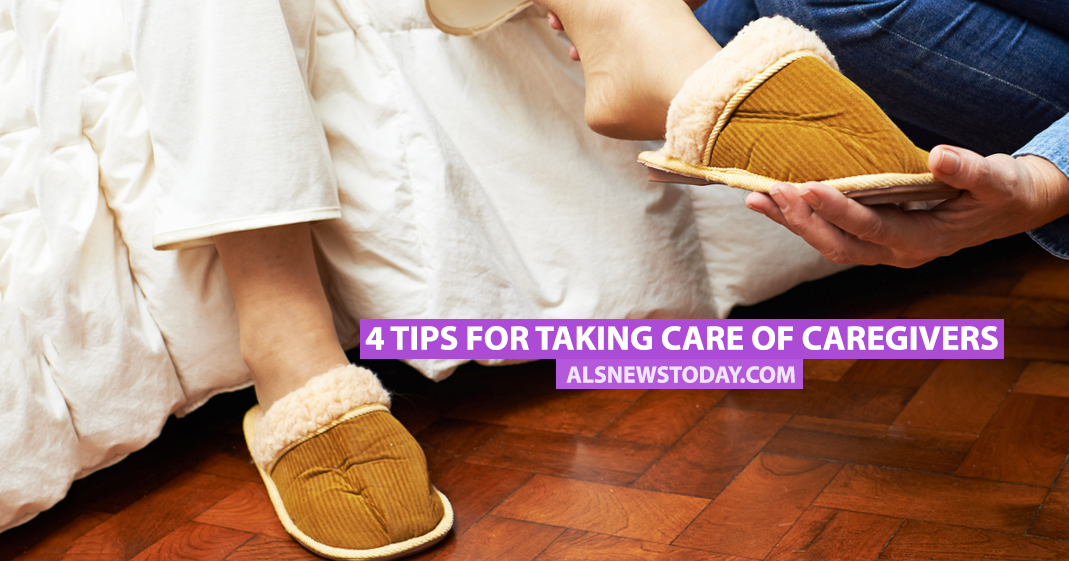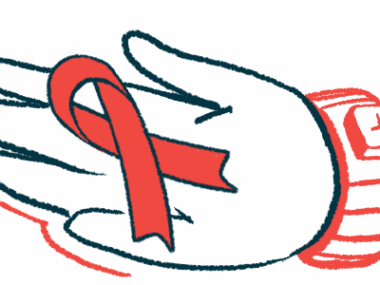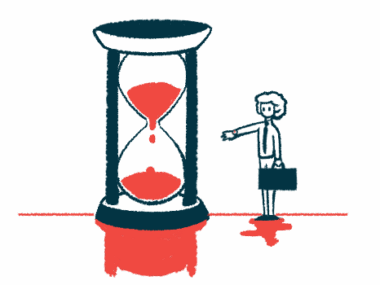4 Tips for Taking Care of Caregivers
Written by |

While few of us choose to become caregivers, many of us are faced with the task if a loved one is diagnosed with a chronic disease. The transition is a strange time for everyone involved, as the nature of the relationship changes for both the caregiver and patient.
However, it is all too easy as a caregiver to focus all of your attention on your loved one and begin to neglect your own health. This can cause a host of problems from negative and resentful feelings towards your loved to serious health complaints for you. Based on tips from the American Lung Association, we’ve put together a short list to help you better look after yourself so that you’re physically and emotionally up for the task.
Discover seven interesting facts about ALS here.
Ask for Help
Rally around friends, family and neighbors for help, even if it’s something simple like running errands or sitting with your loved one for an hour while you buy groceries. Don’t be too proud to ask or accept any offers of help from others. Look into local volunteer groups near you who may be able to help or if necessary, pay professionals to do some of the chores that are taking up your time such as yard work, laundry, cleaning and odd jobs.
Learn About The Disease
Take the time to find out as much as you can about your loved one’s illness. Speak to your doctor, ask if they have any literature you can read, look up information from reliable sources on the internet and join patient and caregiver forums (they can be a good source of information as well as providing support).
Find out about new and upcoming drugs and therapies, and find out about clinical trials. The more you know about the disease, the more proactive you can be in your loved one’s treatment.
Here are six coping strategies to help you process an ALS diagnosis.
Be Adaptable
It’s likely that your loved one’s needs will change over time so you will need to be able to adapt quickly. Try to stay one step ahead so you can put plans in place for when things change. If you need specialist equipment like an oxygen machine or a wheelchair, allow time for you and your loved one to get used to them before they are truly needed to help make the transition smoother.
Learn to be flexible. There are days when your loved one will want to go out and do things or socialize with friends and family, equally there will be days when you need to cancel plans because your loved one is too fatigued or sick.
Look After Yourself
This is probably the most important tip of all. If you’re sick, you can’t take care of your loved one! Eat well, get plenty of sleep, see you doctor about any ailments you have and have them addressed. If you feel depressed or anxious then speak to your doctor about ways to resolve this. Whenever you can, get some exercise—even if it’s just a half hour swimming or a short walk around the block.
Take time away from your loved one to do something for yourself. Meet up with friends or go to the movies, anything so long as you enjoy yourself and have a couple of hours where you can take your mind off being a caregiver.
Five important things the ALS Association does.
ALS News Today is strictly a news and information website about the disease. It does not provide medical advice, diagnosis or treatment. This content is not intended to be a substitute for professional medical advice, diagnosis, or treatment. Always seek the advice of your physician or another qualified health provider with any questions you may have regarding a medical condition. Never disregard professional medical advice or delay in seeking it because of something you have read on this website.





